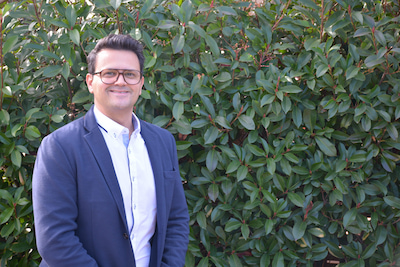Support for submission to MSAC for MRD testing reimbursement in ALL
In November, the Leukaemia Foundation supported the Royal College of Pathologists of Australia’s (RCPA) submission to the Medical Services Advisory Committee (MSAC) for the reimbursement of minimal residual disease (MRD) testing in ALL patients.

MRD testing is considered standard of care in the management of acute lymphoblastic leukaemia (ALL). The presence of MRD during or after treatment is one of the best predictors of relapse and MRD detection allows patients at higher risk of relapse to be identified and their treatment modified.
Particularly for adult patients, for whom ALL is an aggressive and devastating disease, routine MRD testing during and immediately after treatment has the potential to predict the success of that treatment and permit real-time adjustments to achieve a better treatment outcome, and, potentially, remission for many patients.
“Given the nature of the disease and the opportunities that MRD testing offers for patients to receive the right therapy when they need it, the Leukaemia Foundation strongly supports the application to MSAC for reimbursed access to MRD testing for blood cancers, including people with ALL,” said Dr Peter Diamond, the Leukaemia Foundation’s Head of Research, Policy and Advocacy.
About acute lymphoblastic leukaemia (ALL)
More than 440 people will be diagnosed with ALL this year in Australia according to 2021 data from the Australian Institute for Health and Welfare, which provides an age standardised incidence rate of ALL of 1.7 cases per 100,000.
ALL can occur at any age, but most commonly in children aged 2- 10 years and adults over 50 years. While the five-year survival rate for ALL is 74% across all age groups (due to the high remission rates observed in children), it dramatically drops to only 30-40% in the adult population.
The Leukaemia Foundation has produced a Minimal Residual Disease Factsheet
Last updated on February 22nd, 2022
Developed by the Leukaemia Foundation in consultation with people living with a blood cancer, Leukaemia Foundation support staff, haematology nursing staff and/or Australian clinical haematologists. This content is provided for information purposes only and we urge you to always seek advice from a registered health care professional for diagnosis, treatment and answers to your medical questions, including the suitability of a particular therapy, service, product or treatment in your circumstances. The Leukaemia Foundation shall not bear any liability for any person relying on the materials contained on this website.